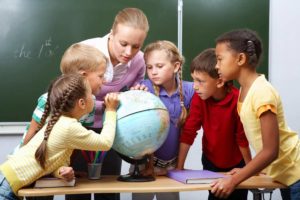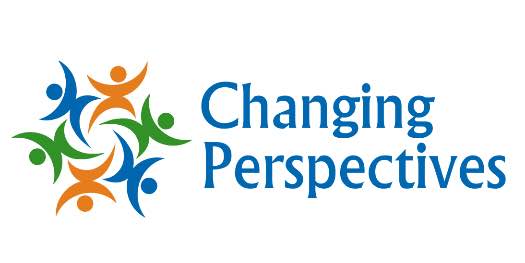 In March of 2020, schooling the way we have known it ended. The relationships students built with their peers and teachers abruptly changed. The daily interventions that students received stopped and the delivery of curriculum shifted from in person to online. All of these changes, coupled with the stressors within society at large, and in many cases families dealing with financial changes, have had a profound impact on our students. As we look ahead to the upcoming school year, it is imperative that schools take a different approach to schooling.
In March of 2020, schooling the way we have known it ended. The relationships students built with their peers and teachers abruptly changed. The daily interventions that students received stopped and the delivery of curriculum shifted from in person to online. All of these changes, coupled with the stressors within society at large, and in many cases families dealing with financial changes, have had a profound impact on our students. As we look ahead to the upcoming school year, it is imperative that schools take a different approach to schooling.
One key element that schools will have to address next year is meeting the social-emotional needs of all students. Schools will not be able to address academic regression until they first address the way each student experienced the last few months. When schools began to lock down it was due to the global pandemic sweeping the nation. As spring progressed, issues of race and equality simultaneously bubbled to the forefront. Each student returning to school is carrying with them the weight of their experiences over the last few months.
 For social-emotional learning to be most impactful it must be done using a proactive approach. This means using the summer months to plan, collect resources, and potentially train staff on how best to deliver materials in a way that is going to be most effective. Additionally, schools should consider how best to support parents. The transition back to school is going to be a challenge for students and parents alike. For many students when they re-enter the brick and mortar classroom it will look different than it did when they left — students and teachers wearing masks, hand washing stations throughout the school building, desks being positioned 6 feet apart and a staggered schedule are just a few examples.
For social-emotional learning to be most impactful it must be done using a proactive approach. This means using the summer months to plan, collect resources, and potentially train staff on how best to deliver materials in a way that is going to be most effective. Additionally, schools should consider how best to support parents. The transition back to school is going to be a challenge for students and parents alike. For many students when they re-enter the brick and mortar classroom it will look different than it did when they left — students and teachers wearing masks, hand washing stations throughout the school building, desks being positioned 6 feet apart and a staggered schedule are just a few examples.
Key Components of social emotional learning that will be imperative for students as they return to school are: empathy, perspective taking, social awareness, and self-reflection.
Empathy and perspective taking are going to be vital to help students better accept and understand that the experiences their classmates have had over the last six months may be different from their own. And not just their experiences, but the way everyone perceived the events will also be different. Whether financial hardship, loss of a family member to COVID, reactions to the boiling over emotions of Black Lives Matter, no two students will have had the same experience.
Social awareness is understanding the social norms and expectations in a given situation. For many students, the way in which they are expected or allowed to behave at home is drastically different from school. In order for schools to rebuild culture and ensure that all students feel physically, socially, and emotionally safe, they will need to support students in re-building their social awareness at school.
For students to come to terms with their own experiences — positive or negative — they will need skills, time, and space to reflect. Self-reflection allows us to discover and articulate for ourselves what we have experienced and how it affects us. To support students in moving forward in a positive manner, we need to make sure that they are given an opportunity to reflect on their past.
This fall our students will return to a new normal. Social-emotional learning will help them, their families, and their entire school communities.
